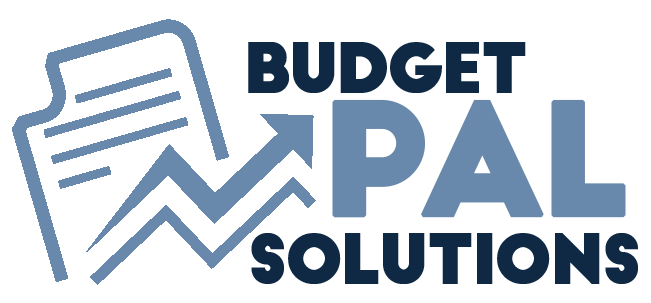Take control of your credit card debt today and pave the way towards a healthier financial future. Don’t let high interest rates, negative credit scores, limited financial flexibility, stress, and hindered progress towards long-term goals hold you back. It’s time to reclaim your financial well-being and unlock the door to financial freedom.
Sign up today at Budget Pal Solutions for more practical tips!
Credit cards can be valuable financial tools, offering convenience and flexibility in managing expenses. However, when used irresponsibly, credit card debt can have a significant impact on your financial health. In this blog post, we’ll explore the various ways in which credit card debt can affect your overall financial well-being and discuss strategies for managing and reducing credit card debt effectively.
High Interest Rates:
One of the most significant impacts of credit card debt is the high interest rates charged on outstanding balances. Credit card interest rates are often much higher than other forms of debt, making it challenging to pay off balances quickly and resulting in substantial interest charges over time. High interest rates can increase the total cost of your debt and prolong the time it takes to become debt-free.
Negative Credit Score:
Carrying high levels of credit card debt can also negatively impact your credit score. Credit utilization, or the amount of available credit you’re using, is a significant factor in determining your credit score. When your credit card balances are close to or exceed your credit limits, it can signal to lenders that you’re overextended and may be at risk of defaulting on your debt. As a result, your credit score may decrease, making it more challenging to qualify for loans, mortgages, or other forms of credit in the future.
Limited Financial Flexibility:
Credit card debt can limit your financial flexibility and restrict your ability to achieve your financial goals. High monthly payments on credit card debt can consume a significant portion of your income, leaving less money available for savings, investments, or discretionary spending. Additionally, carrying high levels of debt can make it difficult to respond to unexpected expenses or emergencies, leaving you vulnerable to financial hardship.
Stress and Anxiety:
Dealing with credit card debt can also take a toll on your mental and emotional well-being. Constantly worrying about how to make ends meet, struggling to keep up with payments, and feeling overwhelmed by debt can lead to stress, anxiety, and even depression. The psychological impact of debt can affect your overall quality of life and may exacerbate existing mental health issues.
Long-Term Financial Goals:
Credit card debt can derail your progress towards achieving long-term financial goals, such as buying a home, saving for retirement, or funding your children’s education. High levels of debt can delay or prevent you from reaching these milestones, forcing you to prioritize debt repayment over other financial priorities. Without a plan to address credit card debt, you may find yourself trapped in a cycle of debt and unable to build wealth or achieve financial security.

